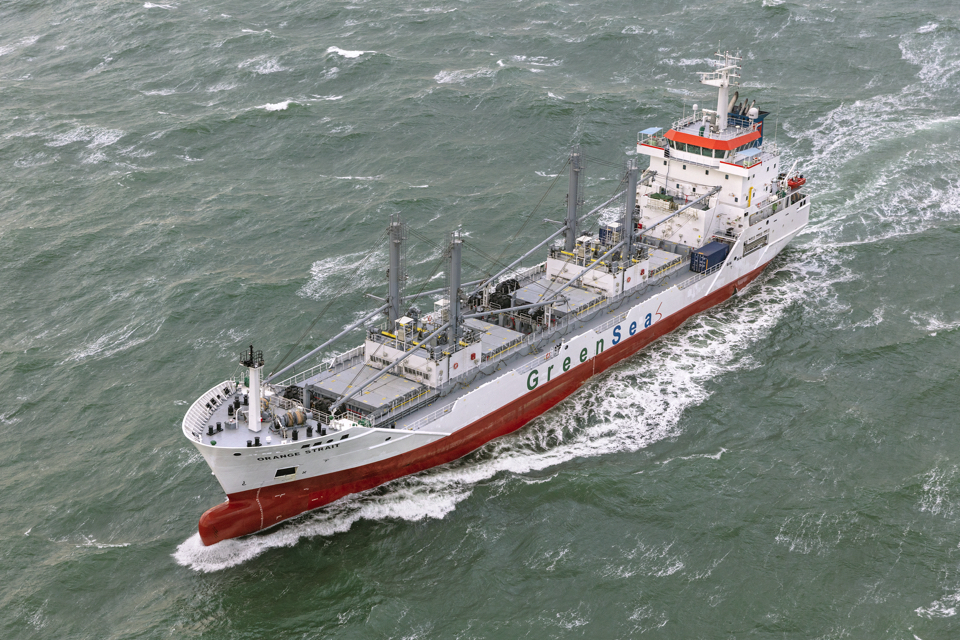Shipyards are struggling with their order books drying up. For the Dutch shipbuilding industry, it is now a must to show they have the know-how and experience to build the best innovative and green ships. SWZ|Maritime’s November issue shows that our shipbuilders and maritime scientists are indeed at the forefront of developing the knowledge we need.
On the brink of the deadline for the November edition of SWZ|Maritime, Damen presented the news about a contract for a mega-order of forty inland tankers for Concordia Damen. Furthermore, pharmaceuticals giant Pfizer reported they have developed an effective vaccine against Covid-19. Both give a shimmer of hope that in the foreseeable future we can come out of the pandemic that threatens our health and our economy.
Shipbuilding, which depends on investments that can only be based on trust in the future, has been particularly hard hit. Except for some shipyards in the North of the Netherlands, like Royal Bodewes and Ferus Smit, a lot of others had to reorganise and lay off personnel. Shipbuilder Royal IHC has announced a major reorganisation which will result in hundreds of lay-offs and whole business units will be sold.
Our biggest shipbuilder Damen has also announced that it would cut 1050 jobs worldwide of which 173 on the yards in the Netherlands. Thecla Bodewes Shipyards in the North and De Hoop Lobith are also forced to reduce their work staff. All due to the drying up of their order book.
Not all is lost
The reports from Damen and about the Pfizer vaccine, however, show that not all is lost and bring hope for new orders for our shipyards. For the Dutch shipbuilding industry, it is now a must to show what they are capable of. They have to exhibit they can deliver vessels that offer the best solution towards developing zero-emission shipping in the near future, at least before 2050 but preferably sooner.
The Maritime Masterplan that our maritime industry and knowledge institutes presented recently offers good opportunities for this. This November issue shows that our shipbuilders and maritime scientists are at the forefront of developing the knowledge we need.
Read how Groningen based reefer specialist Seatrade improves the sustainability of its frozen fi sh carriers, while our editor Björn von Ubisch informs you about the latest developments in ballast water management systems and the Estonia ferry sinking. Let’s not forget the contributions of Stephan Procee of the MIWB about using augmented reality in navigation and Lode Huijgens of the TU Delft about next-level experimental research in the ship model basin. Thanks also to all the other contributors to this edition.
Read the November issue here.
Picture: One of the 4 reefer vessels Seatrade Groningen and GreenSea Chartering designed for high seas ship-to-ship transshipment, the Orange Strait. A later design upgrade improved the ships’ Energy Efficiency Design Index (EEDI) (by Seatrade/Flying Focus, SWZ|Maritime’s November cover picture).








